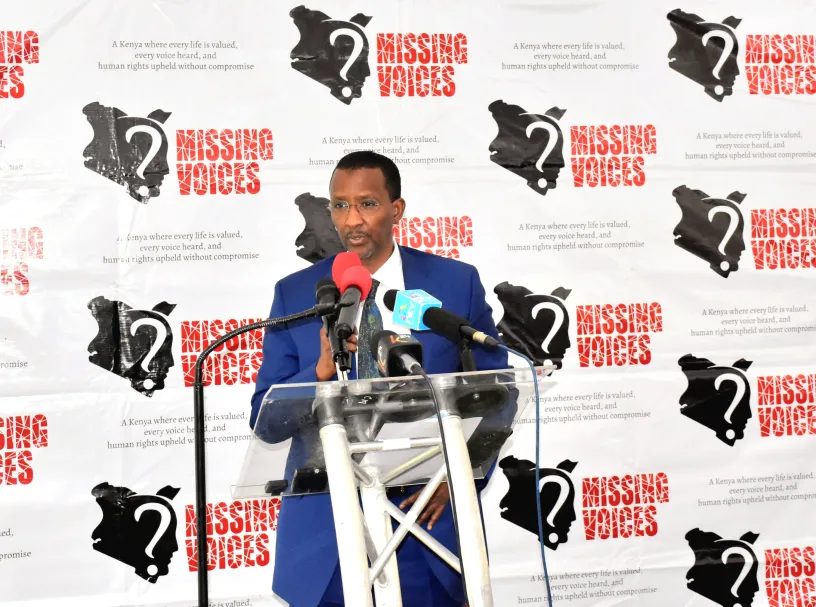Survivors of police brutality from Western and Nyanza regions are stepping forward to demand justice and accountability for victims of abuse by law enforcement officers.
Through the Kenya Champions for Justice, an association formed to unite victims who had lost faith in the justice system, survivors are now finding renewed strength to pursue their cases.
Speaking during a community engagement forum dubbed ‘Chapa Gumzo na Prosecutor’ held at the Salvation Army Church in Kakamega town, Chairperson Joyce Omina Omolo, herself a survivor of police abuse, urged relevant authorities to take decisive action.
“I never saw the need to report when I was abused by police officers. I thought justice would never be served,” she recalled. “But I later realised that many others were also suffering in silence. By coming together, we are stronger and can finally demand justice.”
Omolo called on the National Police Service (NPS), the Independent Policing Oversight Authority (IPOA), and the Office of the Director of Public Prosecutions (ODPP) to ensure survivors’ complaints are investigated and prosecuted without bias or delay.
The International Justice Mission (IJM) Country Director, Vincent Chahale, revealed that more than 100 police brutality cases are still pending in courts across Kenya. He urged the justice system to expedite these cases and ensure that officers found guilty face prosecution and sentencing.
“We must take real action,” Chahale said. “Police officers who misuse their powers must be prosecuted, convicted, and sentenced. That’s the only way to end impunity.”
He added that IJM, in partnership with IPOA, provides legal representation and psychosocial support to victims and their families, while also strengthening institutional capacity to handle such cases efficiently.
On his part, Director of Public Prosecutions Renson Ingonga urged victims to report incidents immediately and avoid filing complaints at police stations, advising them to approach IPOA instead.
“Some cases collapse because victims delay in reporting or fail to testify, which gives perpetrators time to tamper with evidence,” he explained. “If you fail to testify, justice is denied not just for you, but for others as well.”
Ingonga assured survivors that the ODPP will continue enhancing access to justice by protecting witnesses and fast-tracking cases involving police abuse.
He also reminded the public that IPOA’s role is to investigate police misconduct, while the ODPP handles prosecution once investigations are complete.
The forum brought together community members, human rights defenders, and justice sector representatives—all united in the call to end police impunity and uphold accountability within Kenya’s security agencies.







I as well as my guys were checking the excellent procedures on your web blog then immediately developed a horrible feeling I never thanked the blog owner for those secrets. The young men appeared to be totally very interested to learn them and have in effect in reality been using them. Appreciate your being so helpful and for deciding on this kind of quality tips millions of individuals are really eager to be aware of. Our own sincere regret for not expressing appreciation to you earlier.